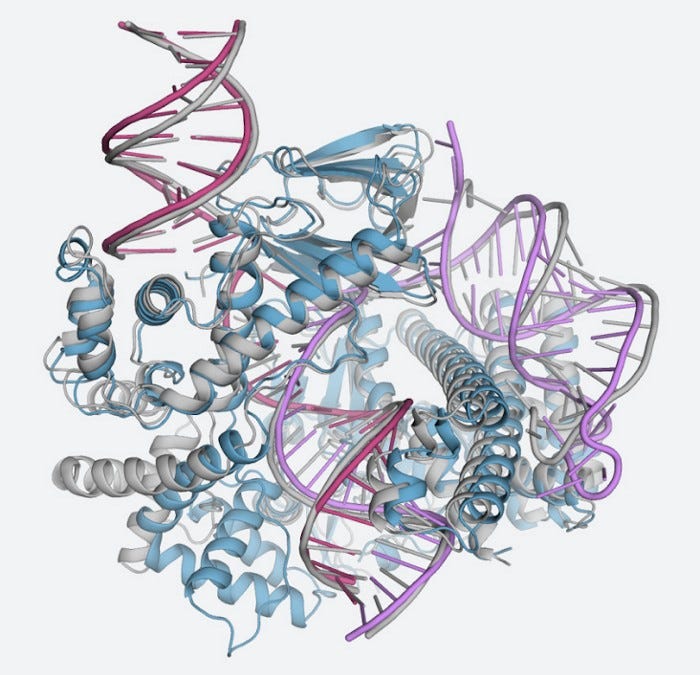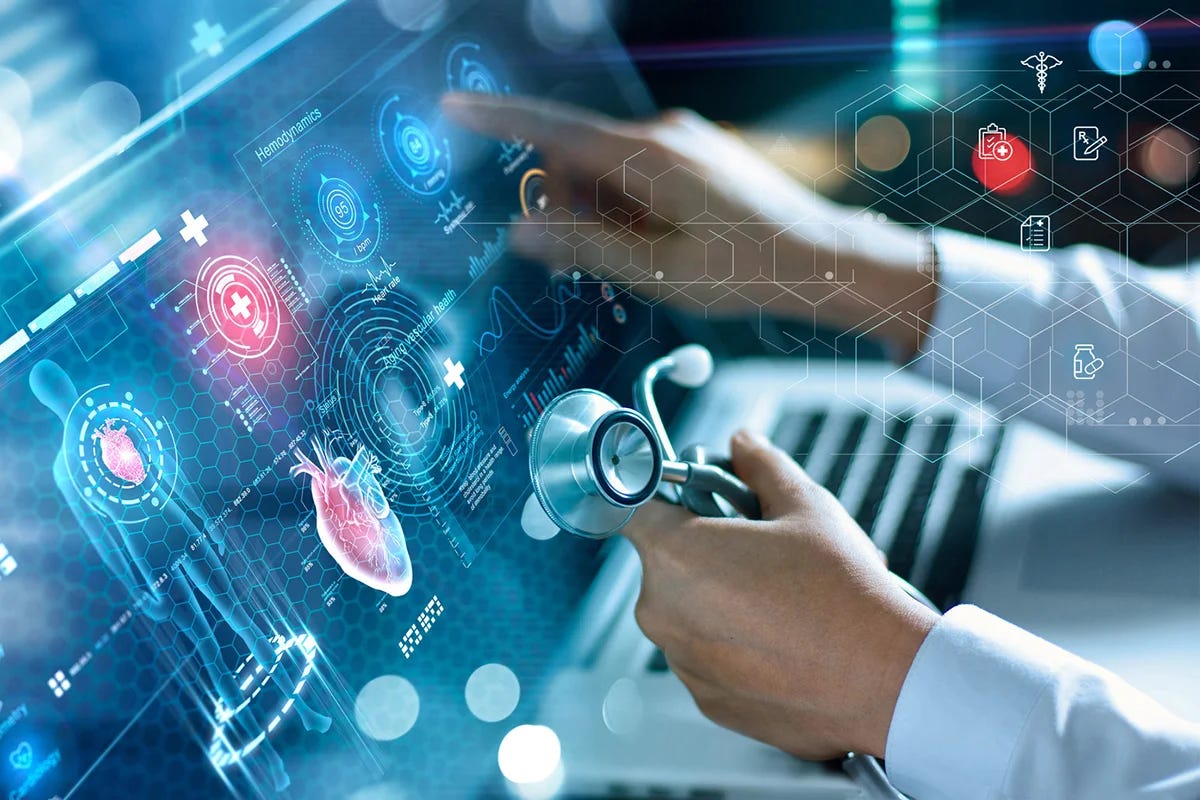1- AlphaFold2 and its Applications in the Fields of Biology and Medicine
AlphaFold2 (AF2) from DeepMind has revolutionized protein structure prediction, offering highly precise amino acid sequences. Its release of over 200 million protein structures has excited scientists in biology and medicine, with potential applications in drug discovery and protein function prediction. However, AF2 has limitations:
Protein Dynamics: AF2 focuses on static structures, missing dynamic changes.
Disordered Regions: Predicting flexible regions is challenging due to limited alignment data.
Molecular Interactions: AF2 doesn't consider changes induced by molecules, limiting its use in understanding interactions.
Point Mutations: AF2 may not accurately predict mutation effects.
Post-translational Modifications: It doesn't account for modifications altering structure.
Orphan Proteins: Predicting structures without sequence homologs is difficult.
Methodological Limits: Deep learning models lack interpretability, and reliance on alignments can slow predictions.
Advancements in computational techniques and models, such as protein language models, are needed to overcome these challenges and enhance prediction accuracy and speed
In-depth reading:
Researchers 3D-print functional human brain tissue
3D bioprinting of human neural tissues with functional connectivity
2- Recent VR Advancements Pose Security Risks
Cutting-edge VR technology offers users immersive online experiences, but it also opens the door to new security threats. Researchers at the University of Chicago have identified "inception attacks" that exploit VR systems, trapping users in malicious applications disguised as legitimate ones. These attacks allow hackers to record or alter users' actions without their knowledge, leading to potentially stealing passwords and manipulating VR interactions.
The study focused on Meta Quest VR headsets. It demonstrated how attackers can manipulate displayed data and user input, such as altering transaction amounts in banking apps and eavesdropping on live audio conversations in platforms like VRChat. Shockingly, only 37% of participants noticed visual glitches indicating an inception attack, attributing them to flaws in the VR platform.

To counter these threats, the study proposed several defensive measures:
Preventing installation through a safe bootloader and secure enclave.
Blocking inception attacks from launching.
Restricting inception attacks from accessing other apps.
Researchers recommend a combination of these strategies to effectively mitigate the risk of inception attacks while considering their respective strengths and limitations.
In-depth reading:
VR headsets can be hacked with an Inception-style attack
Inception Attacks: Immersive Hijacking in Virtual Reality Systems
3- Improving breast cancer screening with artificial intelligence
In a recent study in Sweden, researchers compared the effectiveness of AI-assisted mammography screening to traditional double reading by radiologists. Over 80,000 women aged 40-80 participated across four sites.
Using the AI system, Transpara version 1.7.0, participants were randomly assigned to receive either AI-supported screening or standard double reading. The results were astounding: AI-supported screening detected 41 more cancers per 1000 participants compared to the traditional method while maintaining similar recall rates and false positive rates.
Not only did AI improve cancer detection rates, but it also reduced screen-reading workload by an impressive 44.3%. This study confirms that AI-supported mammography screening is not only safe but also significantly more efficient.
Excitingly, the trial will continue to track outcomes over two years to further validate these findings. Embrace the future of mammography screening with AI and enhance efficiency and safety for all."
Similarly, Google is pioneering AI in breast cancer screening, aiming to improve accuracy and efficiency. They develop AI systems for mammogram analysis, trained on extensive datasets, achieving accuracy comparable to expert radiologists. By collaborating with medical experts, Google ensures AI supports specialists rather than replaces them. Their AI aims to assist radiologists in detecting cancer faster and more accurately while reducing their workload. However, widespread adoption awaits large-scale trials and regulatory approval as AI in breast cancer screening continues to evolve.
In-depth reading:
Thank you so much for reading this month’s issue of The S.T.E.M Report. We will continue improving this newsletter. Make sure to subscribe to keep up with the latest releases.
If you have any comments, revisions, or suggestions please comment them down below, or reach us at: stemresearchrecap@gmail.com



